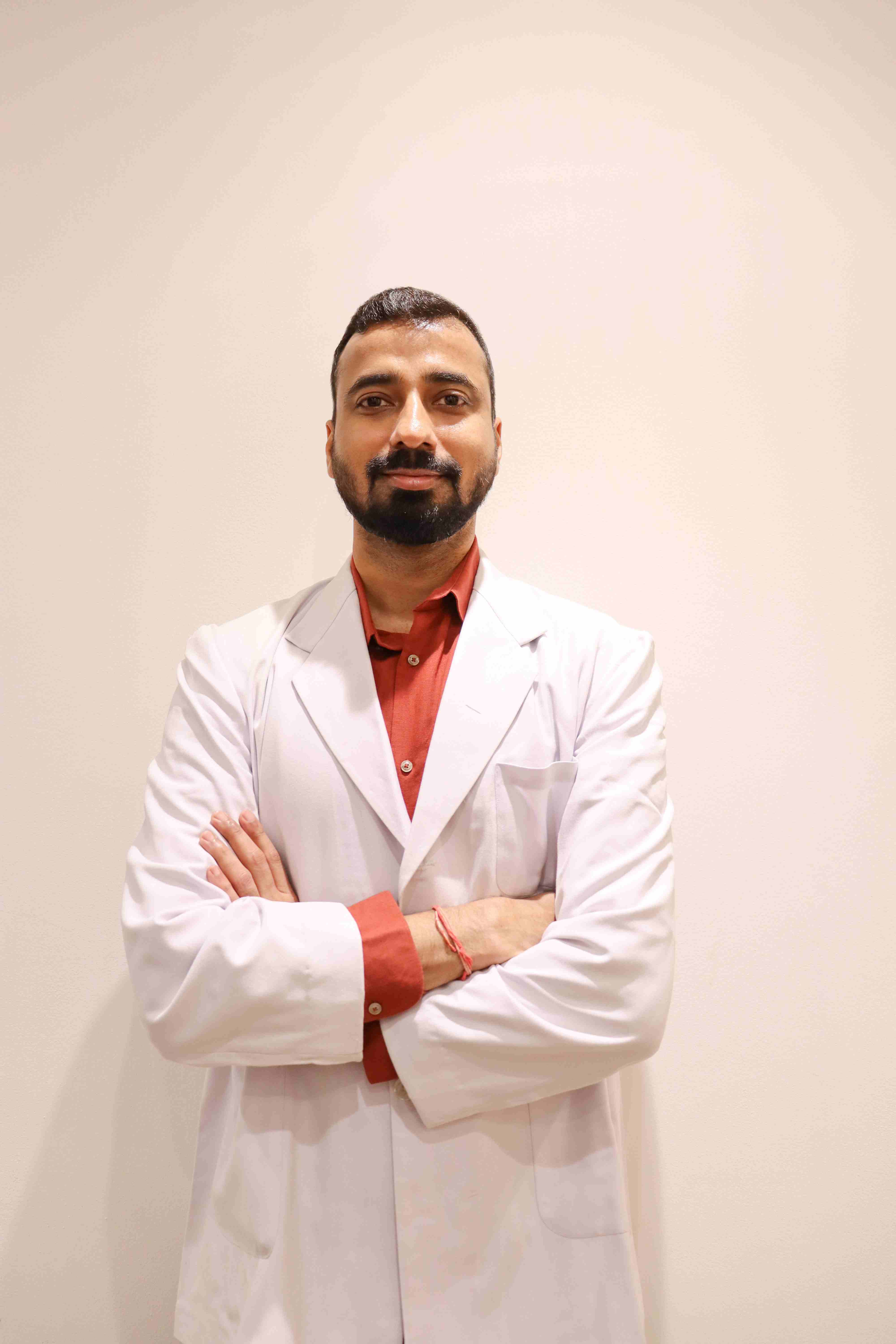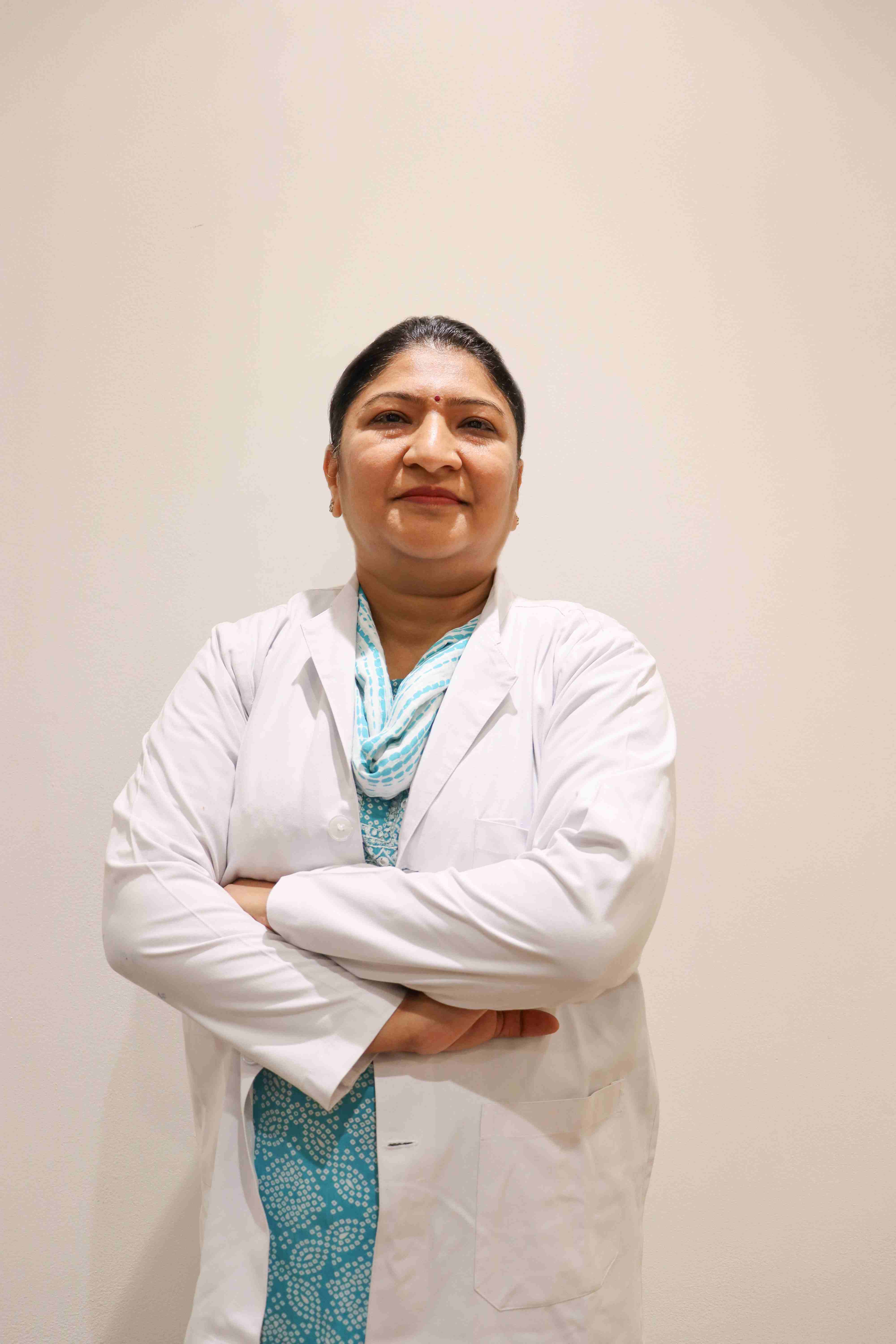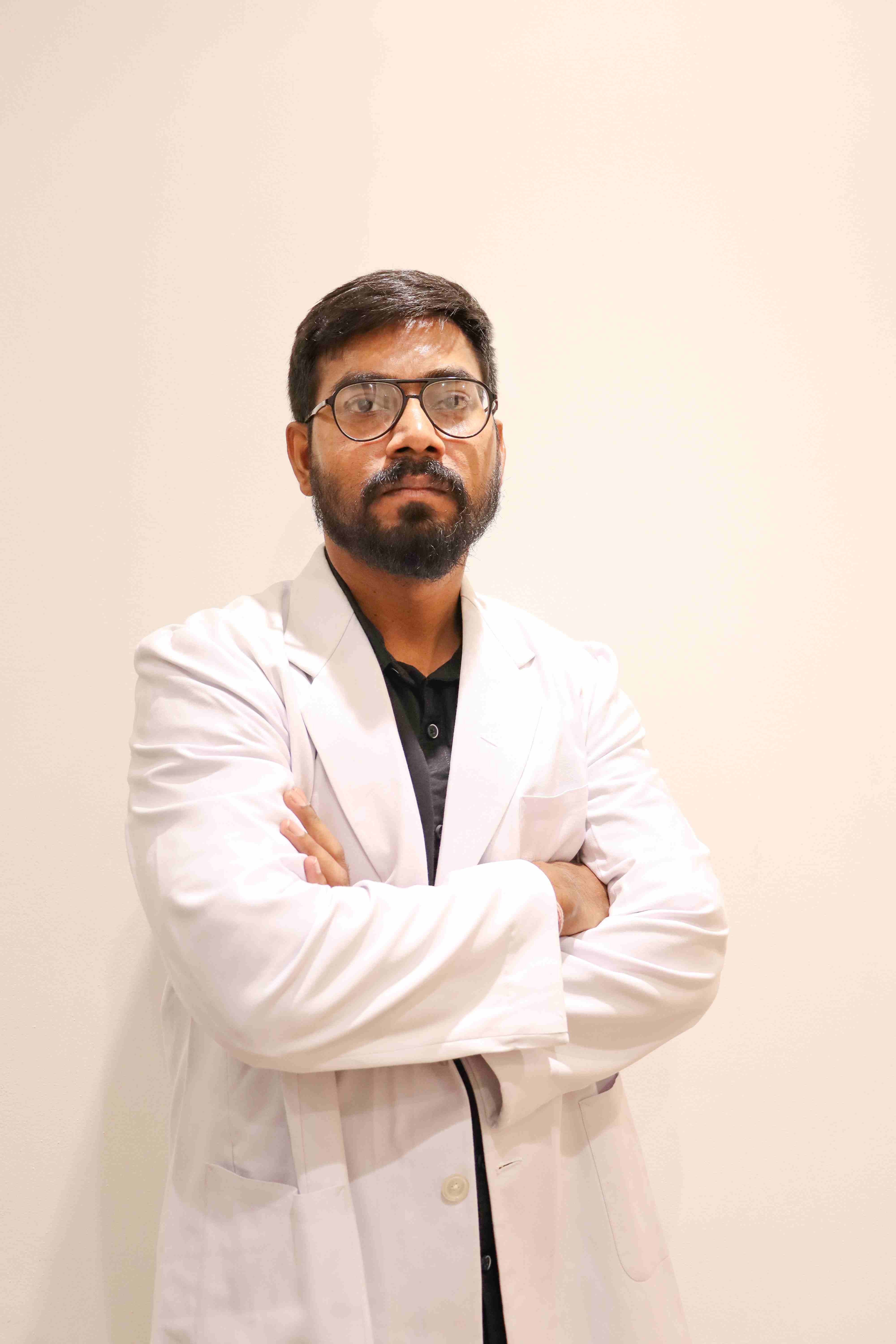
an elderly woman with alzheimer’s
Being human means having a good memory. It links us to the people we care about, our experiences, and who we are. But for some people, their memory and thinking skills start to fade much sooner than expected because they have early-onset Alzheimer's disease.
There is no cure for Alzheimer's yet, but studies show that some habits and ways of life can lower the risk or delay the start of the disease. This blog post discusses early-onset Alzheimer's, how to recognize its symptoms, and the healthy habits that can help maintain brain health over time.
Alzheimer's disease that starts before the age of 65 is called early-onset Alzheimer's. It can even start in the 40s or 50s. Even though it is less common than late-onset Alzheimer's, it can be awful because it affects people when they are most active.
Alzheimer's is a neurological disorder that gets worse over time and damages brain cells. This makes it difficult to remember things, think clearly, and perform everyday tasks. Genetics, lifestyle, and environmental factors could all contribute to cases that start early.

an Alzheimer patient with her daughter
Researchers have identified several factors that may increase the risk, although the exact cause remains unknown.
You can't change your genes, but you can definitely make choices that are good for your health and brain.
It's essential to recognize the early signs so that you can receive a timely diagnosis and treatment. Watch out for:
If these symptoms don't go away or get worse, you should see a neurologist or memory expert for an evaluation.

a healthy lifestyle which helps prevent early onset Alzheimer's
There is no sure way to stop Alzheimer's, but years of research have shown that long-term, consistent habits are beneficial for your brain. To lower your risk of getting Alzheimer's disease early, you can do these essential things:
1. Keep your mind busy
Mental activity makes your brain stronger, just like working out makes your muscles stronger. Regularly using your brain can help build up "cognitive reserve," which may slow down the effects of Alzheimer's.
2. Keep on moving
Working out is one of the best things you can do for your brain. Exercise increases blood flow to the brain, encourages the growth of new neurons, and lowers the risk of diabetes and high blood pressure, both of which can make Alzheimer's worse.
3. Eat foods that are good for your brain.
What you eat has a direct effect on how fast your brain ages. Foods rich in antioxidants, healthy fats, and essential nutrients help protect brain cells from damage.
Two diets are perfect for your brain health:
a) The Mediterranean Diet focuses on whole grains, fish, nuts, and olive oil, as well as fruits and vegetables. There are limits on red meat, processed foods, and sugar.
b) The MIND Diet (Mediterranean-DASH Intervention for Neurodegenerative Delay) is a combination of the Mediterranean and DASH diets, both of which are good for your heart.
Promotes foods like nuts, beans, berries, leafy greens, and olive oil.
Both diets are suitable for your brain because they reduce inflammation and oxidative stress.
4. Get a good night's sleep
While you sleep, your brain eliminates toxins and strengthens memories. If you don't get enough sleep regularly or have sleep apnea, your risk of getting Alzheimer's goes up.
How to sleep better:
5. Deal with stress well
Long-term stress can release hormones, such as cortisol, that can damage brain cells over time. Taking care of stress is good for your mind and body.
Here are some good ways to lower stress:
6. Keep in touch with people
People are social animals, and engaging in meaningful conversations with others helps the brain function more effectively. Being social lowers the risk of depression, which can make cognitive decline worse.
7. Look after your heart and deal with long-term illnesses.
Your heart and brain are very closely linked. High blood pressure, high cholesterol, diabetes, and obesity are all things that can make it hard for blood to flow. These factors can also impair brain function.
Regular visits to the doctor, taking your medications as directed, maintaining a balanced diet, and engaging in regular physical activity can all help lower these risks.
8. Don't drink and smoke as much.
Smoking cuts off oxygen to the brain and makes it easier for it to lose its ability to think. Heavy drinking can also damage neurons and make dementia more likely.
If you smoke, see a doctor to help you quit. Men should limit their alcohol consumption to two drinks per day, and women should limit their consumption to one.
9. Stay safe from harm to your head
10. Get regular health screenings
Doctors can find and treat health problems early if they do regular checkups. Checking your blood pressure, blood sugar, cholesterol, and eyes all help keep your brain healthy over time.
If you have a family history of Alzheimer's, talk to your doctor. Getting genetic counseling and cognitive tests early on can help you monitor your brain health.
1. Can early-onset Alzheimer's be reversed?
There is no cure or way to prevent it, but getting treatment early, taking medication, and maintaining a healthy lifestyle can help.
2. When does Alzheimer's disease start in young people?
People between the ages of 40 and 60 are most likely to contract it, but younger individuals can also be affected.
3. Is Alzheimer's a disease that runs in families?
No. Family history increases the risk, but many individuals with genetic predispositions never develop the disease, particularly if they maintain healthy lifestyles.
4. What tests are done to see if someone has Alzheimer's?
Doctors may perform neurological exams, brain imaging tests such as MRIs or PET scans, and cognitive tests to confirm the diagnosis.
5. Can working out your brain really stop Alzheimer's?
It can help put off symptoms by strengthening neural connections and building cognitive reserve.
Genetics and age are important factors in Alzheimer's, but the choices you make every day have a big effect on your brain's health. Eating well, staying active, managing stress, getting enough sleep, and keeping up with your social connections can all lower your risk of getting Alzheimer's disease or delay its onset.
In hospitals with advanced neurology and memory care units, specialists conduct comprehensive evaluations, offer guidance on maintaining a healthy lifestyle, and provide support to individuals and their families.
It's never too late or too early to start taking care of your brain. You can protect your memory, freedom, and quality of life by doing small things every day.
We offer expert care across key specialties, including Medicine, Cardiology, Orthopaedics, ENT, Gynaecology, and more—delivering trusted treatment under one roof.

Dr. Rakesh

Dr. Meenakshi Nashi

Dr. Abhishek
Prakash Hospital Pvt. Ltd. is a 100 bedded NABH NABL accredited multispecialty hospital along with a center of trauma and orthopedics. We are in the service of society since 2001.
OUR SPECIALITIES
Contact Us
D – 12A, 12B, Sector-33, G. B. Nagar, Noida, Uttar Pradesh 201301
+91-8826000033

© 2025 All rights reserved.
Designed and Developed by Zarle Infotech